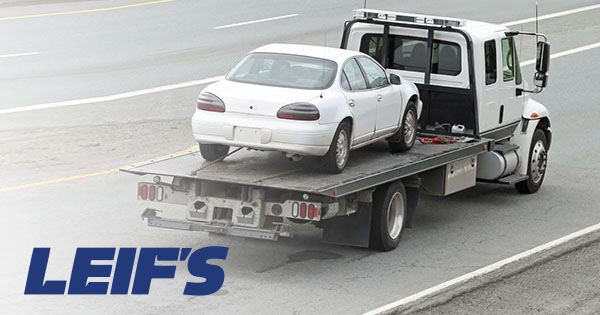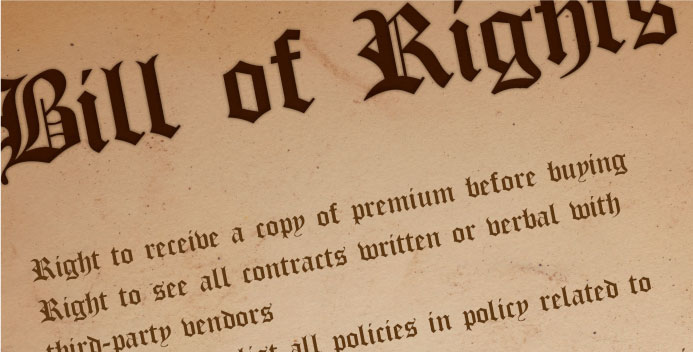NTSB calls for first-ever nationwide ban on driver use of electronic devices
A surge in distracted-driving fatalaccidents prompted the National
Transportation Safety Board called for the first-ever nationwide ban on
driver use of personal electronic devices while operating a motor vehicle.
“According to NHTSA, more than 3,000
people lost their lives last year in distraction-related accidents”, said
Chairman Deborah A.P. Hersman in a press release. “It is time for all of
us to stand up for safety by turning off electronic devices when driving.”
There is already a ban for
cell phone use in Oregon, but this marks the first-ever push for a national
ban.
“No call, no text, no update, is worth
a human life,” Hersman said.
The recommendation specifically calls for
the 50 states and the District of Columbia to ban nonemergency use of portable
electronic devices (other than those designed to support the driving task) for
all drivers.
Last
summer on a section of Interstate 44 in Gray Summit, Missouri, a pickup truck
ran into the back of a truck-tractor that slowed to due to an active
construction zone. The pickup was then struck from behind by a school bus.
The school bus then hit a second school bus that had been following. Two people
died and 38 others were injured in the collision.
NTSB investigators learned the pickup
driver sent and received 11 text messages in 11 minutes prior to the crash—including
one received moments before the pickup struck the truck tractor.
The first investigation involving
distraction from a wireless electronic device occurred in 2002 when a novice
driver, distracted by conversation on her cell phone, veered off the roadway in
Largo, Maryland, crossed the median, and flipped the car over, killing five
people.
Since then, the NTSB has seen the deadliness
of distraction across all modes of transportation.
·
In 2004, an experienced motor coach driver, distracted on
his hands-free cell phone, failed to move to the center lane and struck the
underside of an arched stone bridge on the George Washington Parkway in
Alexandria, Virginia. Eleven of the 27 high school students were injured;
·
In the 2008 collision of a commuter train with a freight
train in Chatsworth, California, the commuter train engineer, who had a history
of using his cell phone for personal communications while on duty, ran a red
signal while texting. That train collided head on with a freight train –
killing 25 and injuring dozens;
·
In 2009, two airline pilots were out of radio
communication with air traffic control for more than an hour because they were
distracted by their personal laptops. They overflew their destination by more
than 100 miles, only realizing their error when a flight attendant inquired
about preparing for arrival.
·
In Philadelphia in 2010, a barge being towed by a tugboat
ran over an amphibious “duck” boat in the Delaware River, killing two
Hungarian tourists. The tugboat mate failed to maintain a proper lookout due to
repeated use of a cell-phone and laptop computer;
·
In 2010, near Munfordville, Kentucky, a truck-tractor in
combination with a 53-foot-long trailer, left its lane, crossed the median and
collided with a 15-passenger van. The truck driver failed to maintain control
of his vehicle because he was distracted by use of his cell-phone. The accident
resulted in 11 fatalities.
In the last two decades, there has been
exponential growth in the use of cell-phone and personal electronic devices. According
to the NTSB, there are 5.3 billion mobile phone subscribers globally, or 77
percent of the world population. In the United States, that percentage is even
higher – it exceeds 100 percent.
Further, a Virginia Tech Transportation
Institute study of commercial drivers found that a safety-critical event is 163
times more likely if a driver is texting, e-mailing, or accessing the Internet.
Photo: Oregon State Police





